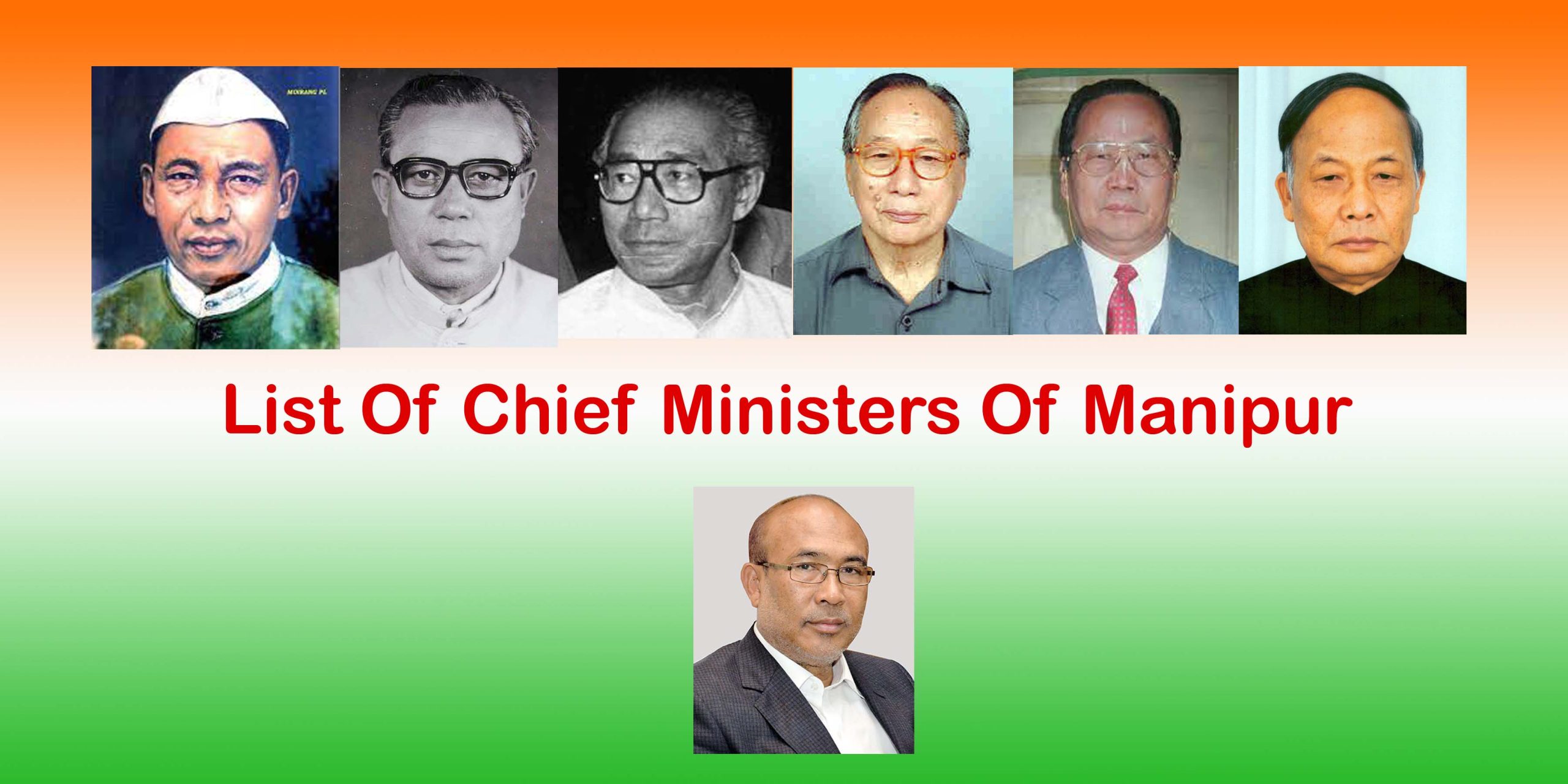
A Journey of Chief Ministers of Manipur Since Independence
Manipur, a vibrant mosaic of culture, history, and natural beauty in Northeast India, has seen significant political and developmental transformations since its statehood in 1972. In a Journey of Chief Ministers of Manipur Since Independence have been at the forefront of steering the state through various challenges, achievements, and milestones.
A Journey of Chief Ministers of Manipur Since Independence blog post aims to delve into the tenures of Manipur’s Chief Ministers, exploring their backgrounds, key contributions, challenges faced, and the legacies they’ve created in shaping the state’s destiny.
A Journey Through Leadership: Manipur Chief Ministers Since 1963
Mairembam Koireng Singh (1963-1967, 1968-1969)
Mairembam Koireng Singh became a key leader in Manipur soon after India became independent. He was the Chief Minister when Manipur discovered its place in the larger Indian nation.
Key Contributions:
- He was instrumental in establishing a democratic governing system in Manipur for the first time.
- He focused on bringing together the different ethnic groups in Manipur under one political system.
- He started various projects to help make life better and boost the economy in Manipur.
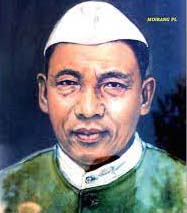
Challenges:
- He had the massive job of creating Manipur’s government system from scratch.
- He navigated the tricky waters of having many ethnic groups wanting their voices heard and seeking independence.
- He tackled the difficulties of growing the economy and ensuring everyone in the community got along well.
Legacy:
- He laid out the essential first steps in creating a system of democracy and government in Manipur.
- He provided the leaders who came after him with a solid base for improving governance and development and bringing different ethnic groups together.
Mohammed Alimuddin (1972-1973, 1974)
Mohammed Alimuddin was the Chief Minister of Manipur twice, both shortly after Manipur became a state in 1972. He led the state at a critical moment as it became an official part of India, bringing his dreams for its growth and a solid dedication to its citizens.
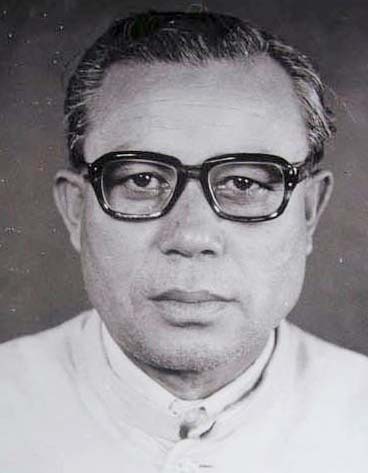
Key Contributions:
- He was vital in establishing the government in Manipur and ensuring it met the new state’s unique needs and challenges.
- He stressed growing the economy, especially farming because he knew it was vital for the state’s financial situation and the people’s way of life. He worked on making farming more modern and productive.
- He started programs to improve the lives of the tribal communities and the less fortunate, ensuring everyone received a fair share of the state’s growth.
Challenges:
- He had the enormous task of creating a whole new system of government from the ground up, which meant setting up all the parts needed for the government to work well.
- He tackled the issue of unequal wealth and opportunities in the state, trying to close the gap between different groups and areas in Manipur.
- He managed the state’s natural and financial resources wisely, aiming to create a solid foundation for sustained growth and improved living conditions for all.
Legacy:
- People still remember Mohammed Alimuddin as a leader who accomplished important work at the beginning of Manipur’s statehood.
- He initiated the initial steps that later leaders could build upon.
- People acknowledge him for strengthening Manipur’s economy and government by focusing on crucial areas for the state’s progress.
- Alimuddin’s efforts during the early years of statehood forged a path for development and governance that continued to shape Manipur’s future.
Rajkumar Dorendra Singh (1974-1977, 1980, 1992-1993)
Rajkumar Dorendra Singh served as the Chief Minister of Manipur across three distinct terms during periods of significant political and social change within the state. His leadership spanned the mid-1970s, a brief return in 1980, and then again in the early 1990s, each term bringing its challenges and opportunities for Manipur.
Key Contributions:
- He improved the state’s roads, transportation, and public services, which helped the economy and made it easier for people to move around inside Manipur and other parts of India.
- He gave importance to improving education and healthcare for the people of Manipur. He worked on making schools and hospitals better and more accessible for everyone.
- He started programs to help different groups of people, especially those in rural and tribal areas, so everyone could have a better life and the gap between rich and poor could be reduced.
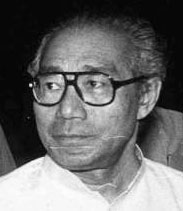
Challenges:
- He had to deal with the complex problems of political unrest and fights between different ethnic groups, which were common in Manipur then. Keeping everyone peaceful and getting along was a big job.
- He also faced economic difficulties. He needed to grow the state’s economy and create jobs, mainly because Manipur’s primary economic activity was farming, and things were changing quickly.
- Making changes and new rules in how the government worked was challenging because there wasn’t a lot of money, and the central government had rules that sometimes got in the way.
Legacy:
- People remember Rajkumar Dorendra Singh for improving Manipur’s roads, schools, and hospitals, work that still benefits the state today.
- He tried to bring different ethnic groups together and make them feel like one community, even though it was tough sometimes.
- His leadership in Manipur significantly influenced the state’s current governance. He established examples of government operations and ways to improve the state.
Rishang Keishing (1980-1981, 1981-1988, 1994-1997)
Rishang Keishing was the Chief Minister of Manipur during a critical time in its history. He boasted a strong political background, including participation in India’s fight for independence and extensive experience in legislating. He has significantly influenced how Manipur developed in its early years as a state in his time as Chief Minister.
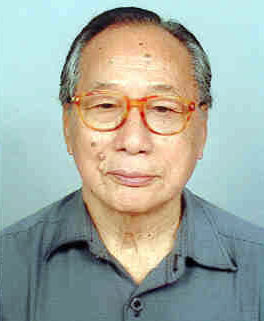
Key Contributions:
- He ensured that the government in Manipur worked effectively and could meet the needs of the people.
- He worked hard to improve the economy, especially in farming and rural areas, to help the many people in Manipur who depended on agriculture.
- He started programs to help those who didn’t have much, like improving schools and healthcare for them.
Challenges:
- He had to keep the state peaceful despite tensions between ethnic groups and problems related to rebellions.
- He worked to ensure that everyone received a fair share of development and progress, regardless of where they lived or who they were.
- He had to figure out how to combine the old ways of running society with modern governance and state development methods.
Legacy:
- People still think of Keishing as a leader who did vital work to make Manipur stable and developed when it was a new state in India.
- He set the stage for how the state’s government works, its economic plans, and programs to help the people.
- As one of the Chief Ministers who served the longest in Manipur, his work to bring people together and improve the state continues to shape its progress today.
Wahengbam Nipamacha Singh (1997-2001)
Wahengbam Nipamacha Singh was the Chief Minister of Manipur from 1997 to 2001. During his tenure, Manipur changed its politics and faced difficult situations. His leadership played a crucial role as Manipur navigated challenges related to governance, progress, and ethnic group conflicts.
Key Contributions:
- He made it a top priority to restore peace and order to a state beset by fighting and problems between different ethnic groups. He worked to start discussions and negotiations to resolve these issues.
- He focused intensively on growing the economy, primarily through farming, rural development, and road construction, aiming to bolster the state’s economy and create more jobs.
- He started programs to help with healthcare and education and make life better for those who didn’t have much. His goal was to improve the lives of everyone in Manipur.
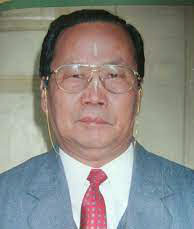
Challenges:
- He had the tough job of ensuring peace and safety in an area with many fighting and problems between different groups. It took a lot of work to improve the state while maintaining peace.
- He worked on reducing the gap between rich and poor, especially in different parts of Manipur. He wanted everyone to have a chance to get better.
- He had to work with limited money and needed help from the central government to make significant changes in the state, like improving development and welfare for everyone.
Legacy:
- People remember Wahengbam Nipamacha Singh for his work bringing peace and making people talk and understand each other in Manipur. His time as Chief Minister was all about making the state stable.
- He significantly contributed to the economy and built things, even though it was hard to govern a place with conflicts. His work set the base for more growth and development later.
- Singh made a significant effort to improve the lives of the people in Manipur, especially people with low incomes. He wanted everyone to have a fair shot at a better life.
Okram Ibobi Singh (2002-2007, 2007-2012, 2012-2017)
Okram Ibobi Singh served as the Chief Minister of Manipur for three consecutive terms from 2002 to 2017. He was an intelligent politician who understood the state’s complicated politics and social issues well. His time as Chief Minister was one of the longest in Manipur’s history, dealing with significant challenges and changes.
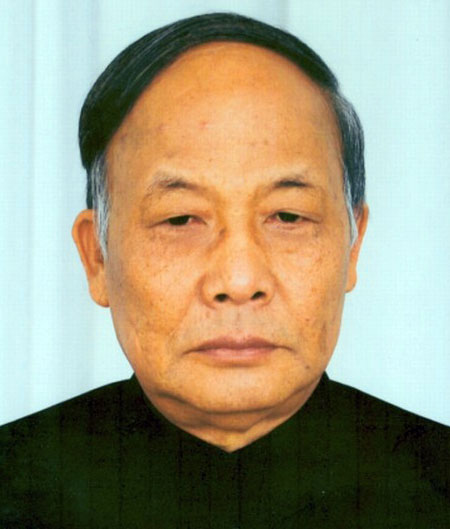
Key Contributions:
- He changed the government to improve it and give people better services.
- He led projects to build roads, improve cities, and provide electricity to boost the economy and increase investment.
- He started programs to help with healthcare, education, and jobs, especially for tribal people and those who didn’t have many opportunities. He aimed to improve their lives.
Challenges:
- He had the tough job of dealing with problems and fights between different ethnic groups in the state, trying to keep everyone peaceful and getting along.
- He worked to reduce the gap between prosperous cities and poorer rural areas, ensuring everyone benefited from progress.
- He needed to handle the state’s resources carefully to balance development and protect the environment while dealing with fast growth.
Legacy:
- Okram Ibobi Singh is known for improving Manipur’s economy and infrastructure, such as roads and buildings, even when there were problems with fighting and politics.
- As Chief Minister, he significantly improved things like roads, healthcare, and schools, improving life in Manipur.
- He’s remembered for his strong leadership of the government, even during political problems, and for his attempts to bring peace and unity to a state with various ethnic groups and tensions.
N. Biren Singh (2017-Present)
N. Biren Singh, with a distinctive background in football, journalism, and politics, assumed the role of Chief Minister of Manipur in 2017. His time as Chief Minister is a noteworthy period in Manipur’s politics, with a strong focus on bringing people together, progress, and solving long-standing problems in the state.
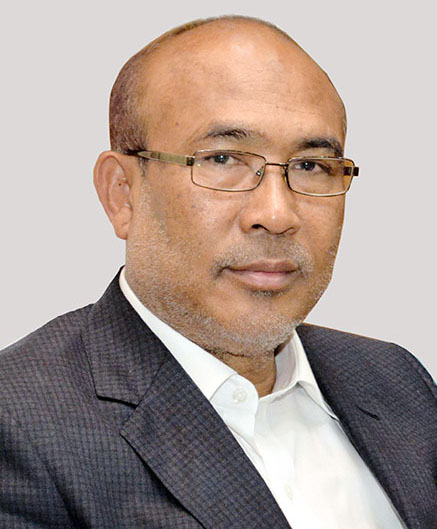
Key Contributions:
- He established a well-functioning, open, and transparent government. He also started programs like the “Go to Village” campaign to make it easy for people, especially in remote places, to access government services.
- He focused on making the economy more robust by promoting tourism, traditional weaving and crafts, and using the state’s unique culture and nature. He also encouraged farming and starting businesses.
- He began programs to help with healthcare, education, and social support, especially for tribal people and those who didn’t have much money, making development more inclusive for everyone.
Challenges:
- He had to work on bringing different ethnic groups together and making sure everyone got along in Manipur. Handling issues related to land and identity was essential for keeping peace.
- Addressing unemployment and improving infrastructure were significant challenges. Innovative solutions were necessary to create jobs and enhance the state’s transportation network.
- Balancing development while protecting the environment posed another challenge: conserving Manipur’s unique flora and fauna and encouraging eco-friendly practices in agriculture and industry.
Legacy:
- N. Biren Singh’s leadership stands out because he takes action in governing and works hard to make different ethnic groups get along.
- He’s also focused on projects that can change how people live and work in Manipur.
- He worked to make the government more accessible and helpful to the public, which has increased public trust and engagement.
- People expect his legacy to be one of significant changes and development that will lay the foundation for future growth and stability in Manipur.
Conclusion:
A Journey of Chief Ministers of Manipur Since Independence have all made unique contributions to the state’s progress over the years. They’ve faced challenges like starting the state and ensuring everyone gets along. They’ve left behind their unique visions for Manipur’s future. As the state progresses with development, government, and different communities, these leaders’ work will be vital in ensuring Manipur has a bright and peaceful future.
On Postswirl blogging site, In a Journey of Chief Ministers of Manipur Since Independence, take a closer look at their achievements. The hurdles they faced and the difference they have made in bringing the state forward.




